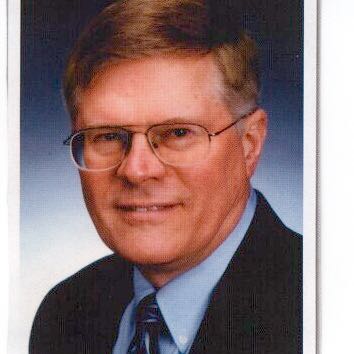Submitted by Deryl McCarty, Colonel, USAF (Ret), South Hill.

In my 30+ years in the United States Air Force, I saw firsthand how pharmaceutical innovation can save lives and, no, I am not a medical professional. For example, just a couple of generations ago, something as simple as a flesh wound could result in a deadly infection with the attendant loss of limb because that was the only way to save lives. (There was a reason that military doctors back in the day were called sawbones.) Those who suffered from a serious injury would have to live with the pain for the rest of their lives, and individuals commonly bled out. Now, we have antibiotics to fight infections, better medications to manage pain, and ways to increase the speed of blood clotting. I’m sure these pharmaceutical advances have saved the lives of hundreds of thousands of our nation’s service members.
Given President Biden’s remarks a few months ago on prescription costs here in Washington, some in Congress are considering measures that could slow down the very innovation that has helped the United States’ bravest men and women. Prescription price setting schemes like Medicare negotiation sound nice, but ultimately, these policies could limit capital accumulation and thus crucial R&D. At the end of the day, less research could result in fewer new cures and treatments. In fact, the nonpartisan Congressional Budget Office has estimated that these types of price-setting policies could mean that 60 fewer new cures and treatments are available to patients in the next 30 years.
As someone who has personally seen how much sick and wounded Americans can benefit from new and innovative treatment options, this is just unacceptable. Our nation’s troops – Soldiers, Sailors, Airmen, Marines, and now Space Guardians – need the best possible medications. And, in fact, space medicine may require whole new classes of drugs. Please ensure that they can get access to them by saying no to predatory negotiation.
Source: The Suburban Times

Recent Comments